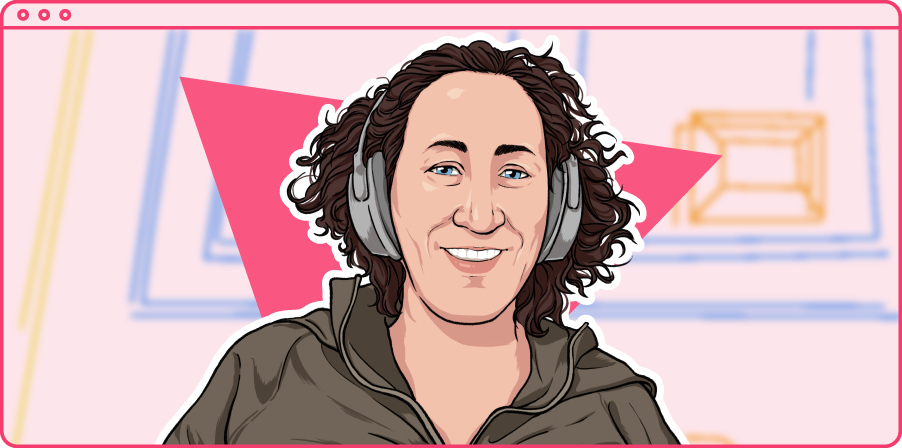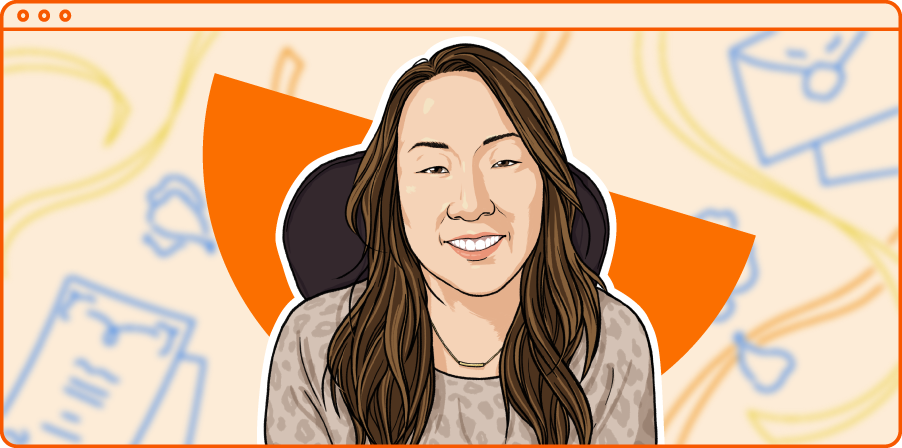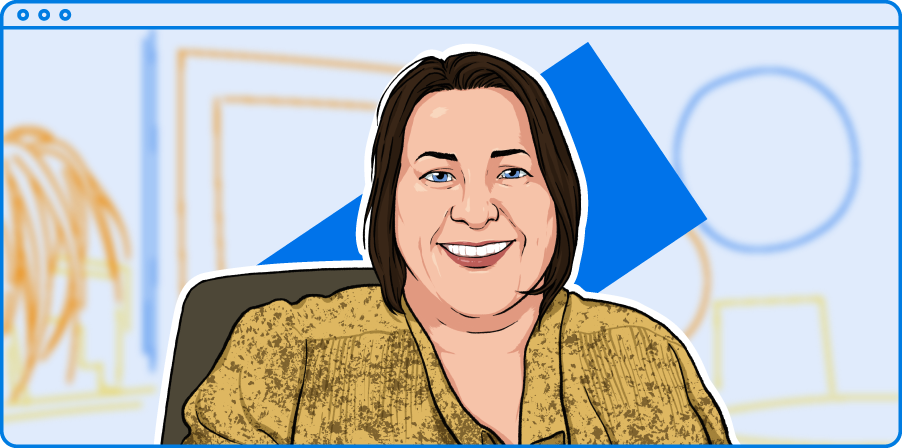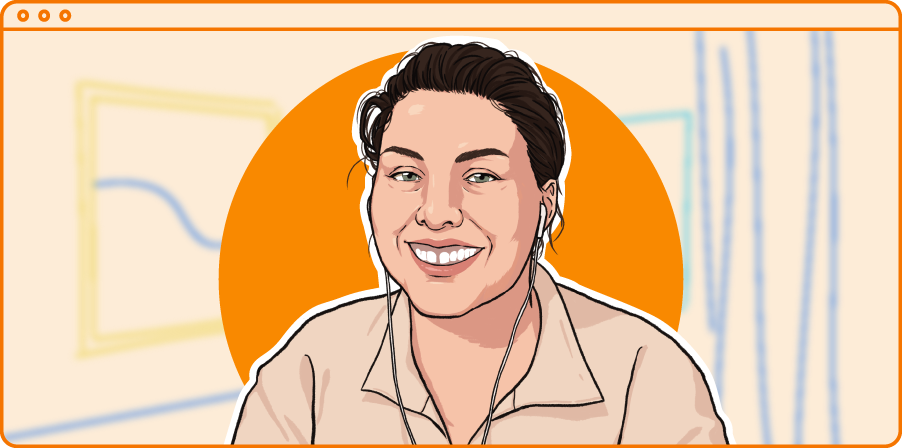Joelle Faulkner is the Founder and CEO at Area One Farms. Area One is an asset management company that invests in Canadian family farms while delivering investment returns to a wide variety of individual and institutional investors. Starting in 2012, Joelle built the firm from the ground up. Today, the company has invested in more than 200,000 acres of farmland in four provinces.
In this interview, Joelle talks about how she built the firm, and how she has navigated the challenges that come with increasing scale.
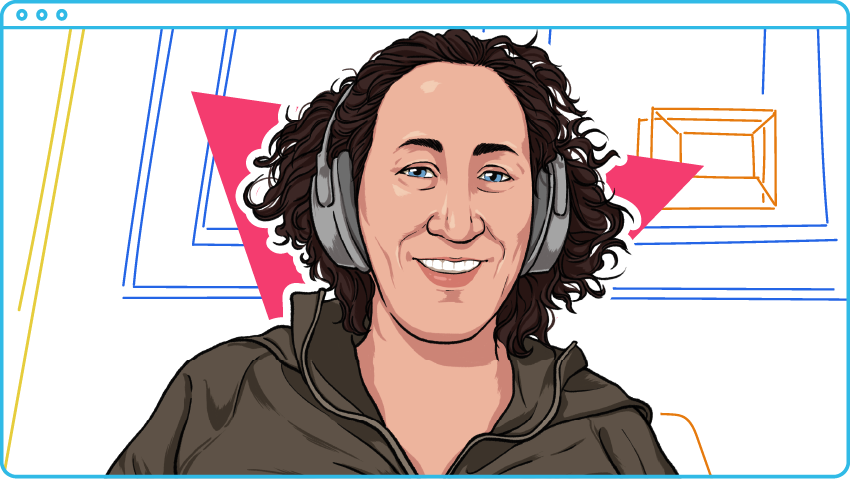
WORKOMICS: Let’s start with the nuts and bolts of your business. What does your company do and why is it in the world?
Joelle Faulkner: We finance the growth of family farms in Canada, which really means we co-invest with farmers in additional land, machinery and infrastructure so that they can grow their farms. Today, we have $450 million under management, which means investors have given us that money to invest in farms and earn a financial return. Farmers work with us because we provide them with the financial capital they need to grow their operations. Maybe that’s because a farmer is retiring, and two or more kids want to take over the operation. For that to be financially successful, they need more land, because the same amount of land couldn’t make enough income for three families.
Even if there aren’t multiple children, farms keep getting bigger because machinery keeps getting bigger. Fifteen years ago, a 1,500-acre farm in western Canada was big. Today, one set of machinery can farm almost 3,500 acres. So, to afford the machinery and make the operation efficient, you need more land.
WKO: You grew up in a farming family and so you are familiar with the industry, but what prompted you to start this business?
JF: Some founders say things like, “I could always tell this was going to work.” I was the opposite. Because most companies don’t work out, I thought I should do everything I could to increase my chances of success, by focusing on a category where I know enough to really understand it.
Farming was one of the few areas where I felt I had enough knowledge. It wasn’t so much the details of farm operations, as much as the culture of farmers: how they think about things, what they are looking for, what is important to their lives. I was very comfortable that there weren’t other investment firms that understood that. I thought there was a need in the market, but with any venture like this, the chance of success is not that high. I wanted to pick an area where my competency wasn’t going to be the limiting factor.
WKO: The notion of starting up an investment firm seems impossibly daunting. Did it feel impossibly daunting to you?
JF: I was really naïve. I was 28-years old, and I didn’t work at an investment firm. I didn’t even know that I would need an accountant! My first investors asked me for audited financial statements, and I said, “If you just show me what that is, I’m sure I can make them for you.” I went to business school, and I should have known that, but I didn’t. I didn’t understand the infrastructure that goes behind an investment firm, and I wasn’t experienced enough to understand what scale I had to get to. Someone told me I would need to have $100M under management to break even. He was totally right, but I thought if I had more modest expectations for success, I wouldn’t need that much.
It took me a year and a half to raise my first bit of money and be able to buy the first couple of farms. I thought that was scale. I spent a lot of time thinking about the financials and operations of the farms we were investing in, but I didn’t put nearly as much thought into the operations and financials of my actual investment management company. I thought I could just do most of the work myself. In reality, the business required a lot of specialized skills that I just didn’t have.
So, it was less daunting at the beginning, because I just didn’t know. It was more daunting afterwards, as I realized how many things I didn’t know how to do. But by then, I had signed ten-year agreements, so I had no choice but to figure out how to deal with it. I was really lucky — privileged — because I was able to access family money when I needed it to make up for all the things I hadn’t planned on.
WKO: Tell me about the growth of the company and how you’ve added new people and new skillsets to the company.
JF: Our first round of fundraising was a combination of investors for about $20M. As a 28-year old, I thought, “This is amazing; I can totally run this.” I tried to do almost everything myself. Today, I have enough scale to have a proper organizational structure. From the person who didn’t know she would need an accountant, I now have two controllers, with three accountants under them. I have a legal team, an investment team. We’re also big enough now that I can test out having people in operations to help the farms run more efficiently.
The biggest challenge was growth. At the beginning, it was straightforward, because I did it all. I met all the farmers, I picked them all, and when there were problems, I knew exactly what they were. Growth now is also pretty straightforward, because I’ve set up a structure for how I work with the farmers and carry on the relationships. There are other people involved on the early side of partnering and ongoing management of the partnership, but I personally have a really good relationship, and I know all the promises that have been made.
It was a lot of hard learning to get to the current model. In the phase of growth where we went from $30 million to $150 million, I assumed that relationships and growth would work like the accounting side: I could hire people who would be better than me at managing the relationships with farmers. That didn’t turn out to be true.
During that $30M-to $150M phase, I wasn’t involved enough in the relationships, so the partnerships weren’t necessarily set up for success. For example, from the perspective of the farmers, partnering with us isn’t a typical thing. It’s not the same as financing through a bank. When they work with us, the farmers have reporting requirements that take a lot of extra work. If the person setting up the partnership didn’t set the right expectations, it causes problems. The partnerships we made during that period have had a lot of issues like that, which have taken a ton of energy to fix.

WKO: That’s actually back to your competency and why you started this particular firm, right? The domain where you have a particular kind of magic is understanding the culture of farming, in a way that makes these financial investments make sense. But “Joelle Magic” doesn’t scale easily.
JF: Yes, that’s right. We’ve since moved into an apprenticeship model. It’s a bit like building the base of a pyramid. As we’ve gotten bigger, we actually have time to train people, so they can grow up on a different kind of work. We’ve ironed out all the day-to-day basics, and that creates breathing room to invest in sustainable capabilities for the business.
The other approach that has worked really well is hiring mature people who are closer to retirement. They come in with a whole bunch of skills, and I can pull on them for expertise, but they are also comfortable pushing back with me. They’re not worried about whether they’re good enough at their job, and they can tell me how they think we should proceed.
WKO: Did you always want to start your own business?
JF: Yes, although, it’s probably a little less about wanting a business and a little more about wanting independence. I ran my own business when I was in my late teens, and I could just see how starting my own business would work better for my life. I actually work a ton, so I think if I had worked for other people, I might have had a better work-life balance. But I feel more secure knowing I don’t have to deal with workplace politics. Navigating politics was never going to be my strong point, and even really great workplaces have politics.
I also think I hadn’t had enough experience to figure out how I could have independence in an employment context. Now, I think about people who work in our firm, and they are really great at their jobs and have a lot of degrees of freedom, and I would never tell them they had to cancel a vacation or come back early from maternity leave. But within the context of where I had worked, I just couldn’t see how it was possible to be an employee and maintain autonomy over my own life.
WKO: What do you see as success for the business in five years or twenty?
JF: I have pretty high goals, but I don’t like the pressure of having goals that are fixed in a certain timeframe. We’re on a path right now where we’re doubling every three years. That may not continue forever, but it can probably continue for a bit. So doubling is what we’re aiming for over the next three years. To get there, we don’t have to invent a new organization — we just need to continue doing what we’re doing now, with more farmers. Every six or twelve months, we are adding a full-time person that is able to take on a portion of what I do, to absorb the growing workload. We’re also adding staff in a similar way on the accounting side.
For right now, I’m not prioritizing having a lot of new, different initiatives. It’s taken us ten years to get really good at what we’re doing. In the future, we’ll be led by what our farm partners do. If a farm partner is doing some processing on a commodity and they want to grow in that area, we might go into business with them. Once we understand it, maybe we can scale that across the portfolio. But any diversification by us will be driven by a partnership where someone has the expertise and wants to work with us to grow.
On the farmer side, I measure success by how well the partnerships are working. How quickly are the farmers able to build equity and buy us out? After ten years, the farm partners we work with should be able to buy us out, at least partially.
For myself, I’m not very tied to any particular rate of growth. I got into this because I wanted independence, I wanted to run something, and I wanted to see if it would work. Those things are still true. Now it’s big enough where it’s working: I can afford staff and I can afford a salary. It doesn’t really matter to me how big we are, or whether we are bigger than competitors. I don’t worry too much about it.
WKO: The private equity world you operate in is very male-dominated. As a woman, how has it felt to be building your own business from scratch in this industry?
JF: The field doesn’t have a big proportion of women. As I understand it, the number of women in the field has actually gone down since the 1990s and early 2000s. There is probably some opting-out going on — women are just not choosing the field because it’s not seen as a career where balance is likely.
It’s harder to raise money as a woman. I went to meetings early on where I’d go with a man who was working for me, and the investors would continually direct their questions to him, even though I was the one answering the questions. Whole meetings would happen without me being treated like the person in charge.
But I have been shocked by the numbers. When you look at women-owned, women-run investment firms, Area One is in the top-20 globally. That’s not looking narrowly at farmland or real estate. That’s across the whole private equity category. There just aren’t very many women-owned and -run investment and private equity firms.
One thing that has been quite helpful for me is that I haven’t had imposter syndrome. I don’t sit in this position worrying, “Oh, god, I don’t know how I got here.” I know how I got here: I focused on doing something I’m good at and feel comfortable with; I figured it out; when there were problems I dealt with the problems. Perhaps men are more likely to take risks on something they’ve never done before.
Whether it’s gendered or not, I have met a lot of men who are better at the salesmanship side of things. Personally, I don’t have any interest in being the person who’s “the face” of some hot new trend. I have a small investment firm with a very niche focus that’s relatively unattractive to most people. I prefer it that way. I focus on each farm and what that partnership should look like, and making sure each one of those investments is well-managed. And I think if you take care of things at that level, growing to more farms and attracting more investors almost takes care of itself.
For me, every time I sign a new agreement, that’s another ten years into the future. Our most recent fund closed in February of 2022, so that means Area One is my full-time job until at least February of 2032. I don’t have to make everything work in the next 24 months, and that probably helps. Life is very long. I like to focus on the details, and let the big picture sort itself out.
Our other ideas worth exploring
A business in transition
Rebecca Chan, owner and creative director of Rebecca Chan Events, talks about transitioning her business from weddings to corporate marketing.
Fostering connection, community, and care
Jill Curran, owner of two tourism-based businesses, talks about building layers of care and community into clients’ travel experiences.
Scaling a business
Sara Fortier, founder and CEO of Outwitly, talks about starting out as a solo consultant, and how pregnancy led to the scaling of her business.

